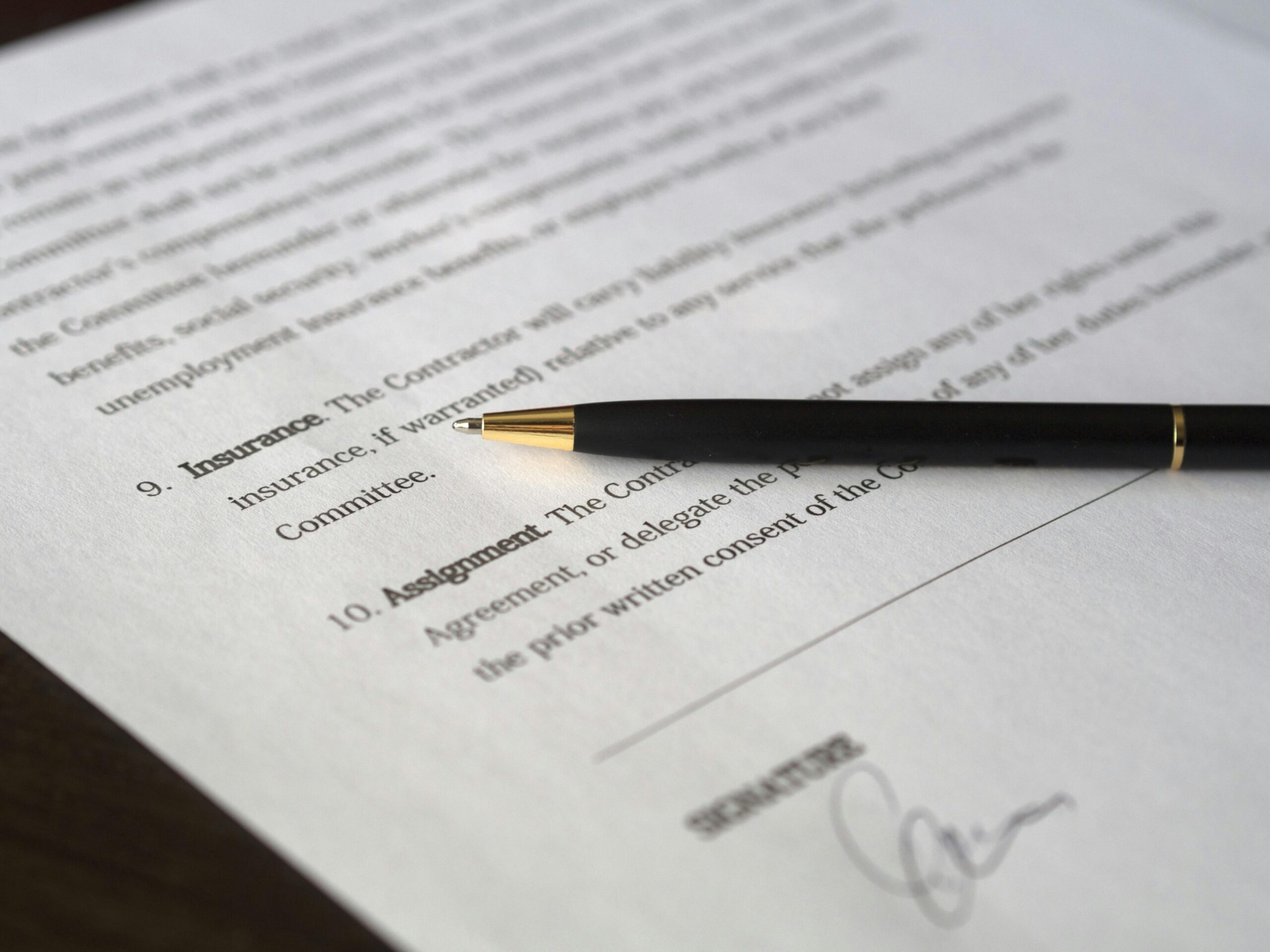Becoming a mother is a meaningful life event, and maternity leave is crucial for new mothers to recover and bond with their newborns. The law in the United States protects employees taking maternity leave, ensuring they can return to work without fear of discrimination or termination.
However, instances of employees being fired after taking extended maternity leave still occur, leaving new mothers feeling overwhelmed and unjustly treated. If you or a loved one has been fired for extended maternity leave, you may have the right to sue your employee.
Understanding Pregnancy Discrimination At Work
Pregnancy discrimination at work refers to unfair or biased treatment of employees based on their pregnancy, childbirth, or related medical conditions. It is considered a form of employment discrimination and can manifest in various ways, including:
- Failure to Hire or Promote: Refusing to promote or hire a woman because she is pregnant or planning to become pregnant.
- Termination: Firing or laying off a pregnant employee due to her pregnancy.
- Reduced Responsibilities: Assigning an employee with reduced job responsibilities or benefits solely because of her pregnancy.
- Harassment: Subjecting a pregnant employee to offensive comments, jokes, or derogatory remarks related to her pregnancy.
- Denial of Accommodations: Refusing reasonable accommodations for pregnancy-related conditions, such as temporary modifications to work duties or flexible schedules.
- Retaliation: Taking action against the employee for asserting her rights or filing a complaint related to pregnancy discrimination.
In the United States, the Family and Medical Leave Act (FMLA) and the Pregnancy Discrimination Act (PDA) provide important protections for pregnant employees and those on maternity leave.
- FMLA: It offers workers up to 12 weeks of leave for specific medical and family reasons, including the birth of a child and the care of a newborn. During this leave, your employer is generally required to maintain your health insurance benefits and allow you to return to your previous or equivalent position.
- PDA: It prohibits discrimination based on childbirth, pregnancy, or related medical conditions. This means that your employer cannot discriminate against you, treat you unfavorably, or fire you because of your pregnancy or maternity leave.
Steps to Take if You’ve Been Fired After Maternity Leave
“How can I sue my employer for firing me due to extended maternity leaves,” is one of the first questions you might have to get justice for yourself. If you believe you were wrongfully terminated due to extended maternity leave, taking action to protect your rights is essential. Here are the steps you can follow:
1. Review Your Employment Agreement
Start by reviewing your employment contract or agreement. Pay attention to any clauses related to maternity leave, termination, and job reinstatement after maternity leave.
2. Keep a Record of Everything
Collect and organize all relevant documents, including records of your maternity leave requests, correspondence with your employer, and any written communications regarding your termination. This documentation will serve as evidence in your case.
3. Consult an Employment Lawyer
To assess the strength of your case and understand your legal options, consult an experienced employment lawyer. They can provide valuable insights into whether you have a valid wrongful termination claim and guide you on the best course of action.
4. File a Complaint
Depending on your circumstances and your lawyer’s advice, you may need to file a complaint with agencies like the Equal Employment Opportunity Commission (EEOC). This is often a necessary step before proceeding with a lawsuit.
5. Explore Negotiation
Your lawyer may recommend exploring negotiation or mediation with your employer to resolve the issue without going to court. Negotiation can sometimes result in a settlement that includes reinstatement, back pay, or other remedies.
6. Prepare for Litigation
If negotiation fails or your employer is uncooperative, your employment lawyer might recommend filing a lawsuit for wrongful termination. Your lawyer will help you prepare your case, gather evidence, and represent your interests in court.
Potential Remedies in a Wrongful Termination Lawsuit
If you succeed in suing your employer for firing you due to extended maternity leaves, you may be entitled to various remedies. These may include:
- Reinstatement: You may be entitled to get your job back or be reinstated in an equivalent position if your employer violated maternity leave laws or your employment contract.
- Back Pay: You may receive back pay for the wages and benefits you lost due to your wrongful termination.
- Front Pay: In some cases, if reinstatement is not feasible, you may be awarded front pay, which represents the future wages and benefits you would have earned if you had not been wrongfully terminated.
- Compensatory Damages: You might recover compensatory damages to cover emotional distress, pain, suffering, and inconvenience caused by the wrongful termination.
- Punitive Damages: For malicious or willful conduct by your employer, punitive damages may be awarded to punish your employer and deter similar behavior.
Finding a free consultation employment lawyer to evaluate your case and determine your next steps is ideal.
Wrapping Up
Facing wrongful termination after extended maternity leave can be emotionally and financially challenging. If you believe you were fired due to extended maternity leaves in violation of the law, you may have grounds to sue your employee.
It is ideal to consult with an experienced employment lawyer to help you through the process of suing your employer. With the right legal counsel and a solid case, you can address the injustice and protect your rights as a working parent.
The Bourassa Law Group understands how challenging this can be. We offer employment lawyer free consultation to help you understand your legal options. Call us at (800)870-8910 to book your appointment.




